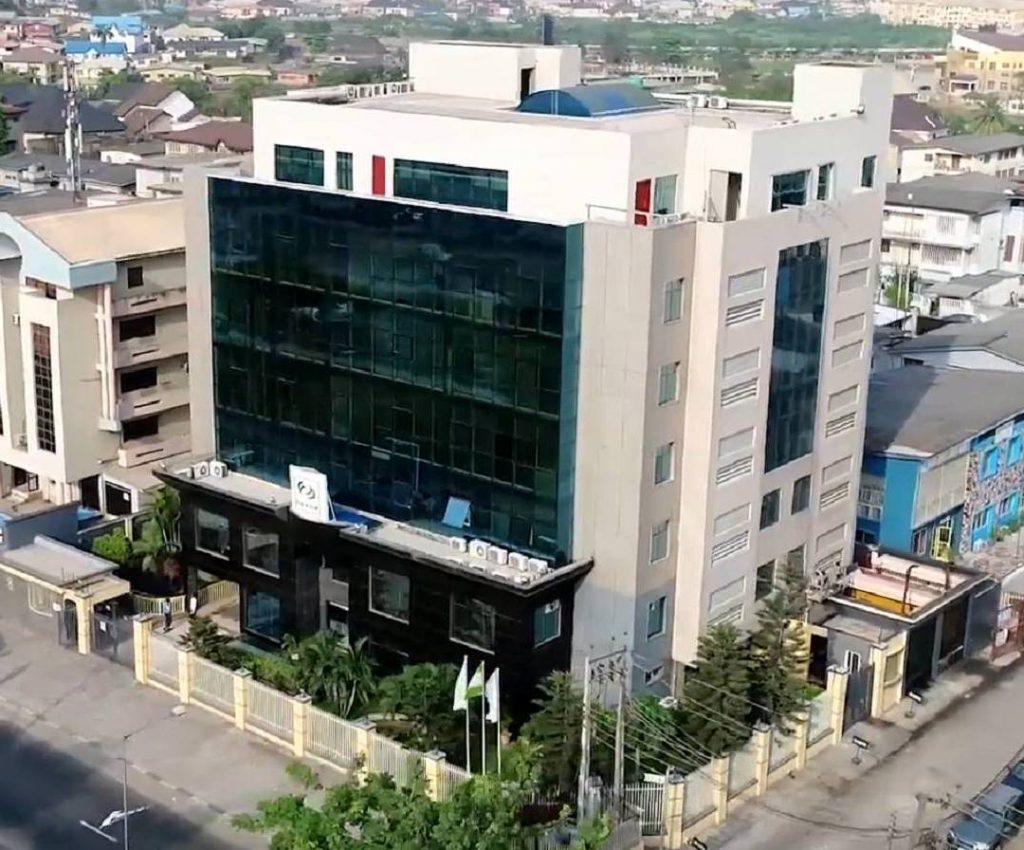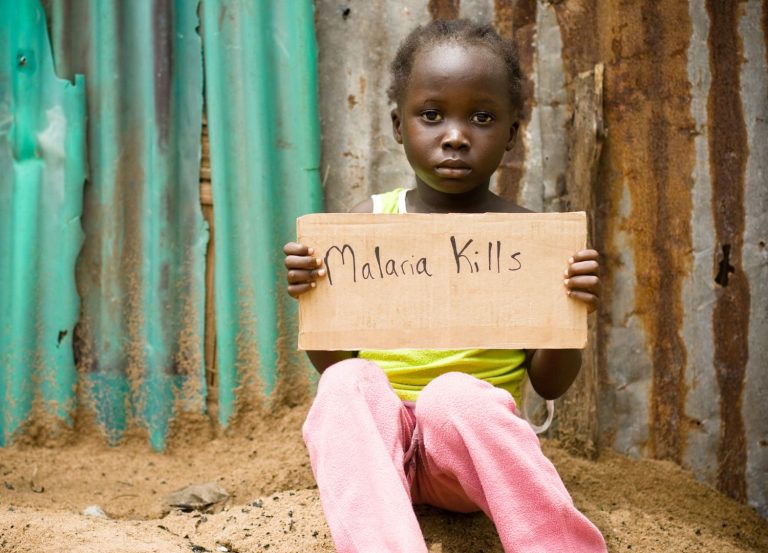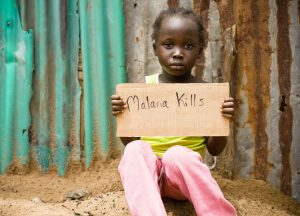Childhood recall
What do people usually remember about the early years of their childhood? Pleasant recollections of a birthday celebrated, a fun place visited, or impressions about a best friend?
For many children born in countries with a serious problem of malaria, early memories are shaped by illness due to malaria. This mosquito-borne illness ranks as one of the world’s deadliest infections.
Malaria is a preventable and treatable disease, but nearly half of the earth’s people live in areas where malaria is still common. About 3 out of 4 malaria victims are children living in sub-Saharan Africa.
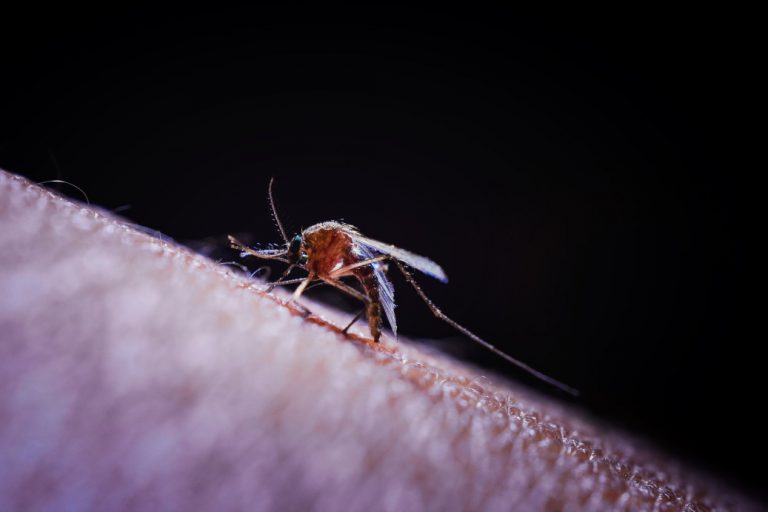
|
World Malaria Day is observed every year on April 25 to focus global attention on malaria and its devastating impact on families, communities, and social development, especially in sub-Saharan Africa. The theme of World Malaria Day 2022 was “Harness innovation to reduce the malaria burden and save lives”. |
Vulnerable under-fives
The general symptoms of malaria: weakness, loss of appetite, body aches, chills, fever, and vomiting are likely to be experienced more often by children. Children between the ages of 6 months to 5 years have the highest risk of contracting malaria and developing complications such as reduction in blood count (anaemia), convulsion and loss of consciousness (cerebral malaria), or organ failure. This is because children have weaker immune systems than adults and it takes years of exposure to develop partial immunity to malaria.
Recent reports paint a grim picture that every two minutes, a child dies from malaria. This adds up each year to hundreds of thousands of children who tragically leave behind grieving families who are further impoverished by hospital bills. Thousands more children survive bouts of malaria but lose several weeks of school time to ill health. If you ask, they may tell you that school counts for much less when best friends can’t attend regularly because of frequent malaria illness. Those who survive do remember. We are the survivors.

|
In 2020, the World Health Organization African Region had 95% of the global malaria cases and 96% of the malaria deaths. Children under 5 accounted for about 80% of all malaria deaths in the Region. |
Curbing strategies
Decades ago, some countries that were once malaria-endemic successfully eliminated malaria transmission by using window/door screens, mosquito-killing insecticides, and reducing the breeding areas for mosquitoes. Efforts to wipe out malaria worldwide are challenged by weak health systems, drug-resistant parasite strains, climate change, counterfeit drugs, and insecticide-resistant mosquitoes. But if malaria has been eliminated in some countries, it can be done worldwide. Elimination of malaria transmission will require political will and grassroots campaigns directed at two goals: Prevention and treatment of malaria.
Prevention strategies include:
- Protection with long-lasting insecticide-treated bed nets (which may last for up to 5 years) and window/door screens
- Elimination of breeding grounds for mosquitoes
Sustained implementation of these prevention strategies will work for curbing the burden of malaria in children, even as the prospect of vaccination against malaria became real with the recent approval of the RTS,S malaria vaccine for use in children.
|
In October 2021, the RTS, S/AS01 malaria vaccine was endorsed by World Health Organization for use in children (age 6 months to 5 years) living in regions with moderate to high P. falciparum malaria transmission |
Treatment strategies include:
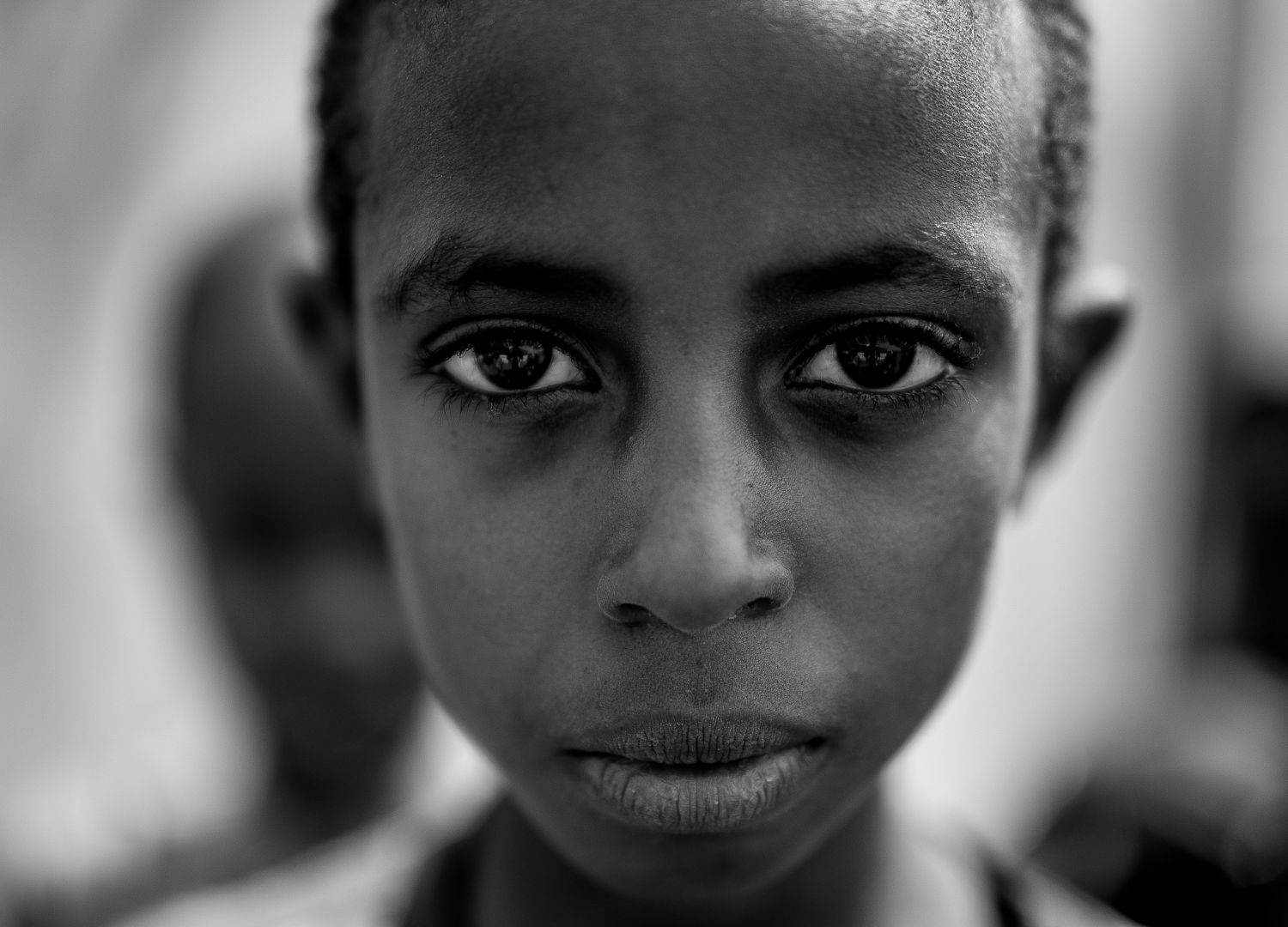
- Quick, inexpensive, and accurate diagnosis of malaria using rapid diagnostic tests
- Proper malaria treatment with the help of a health professional
- Use of approved Artemisinin-based combination treatments, which are 96% effective for eliminating P. falciparum infection in children under five.
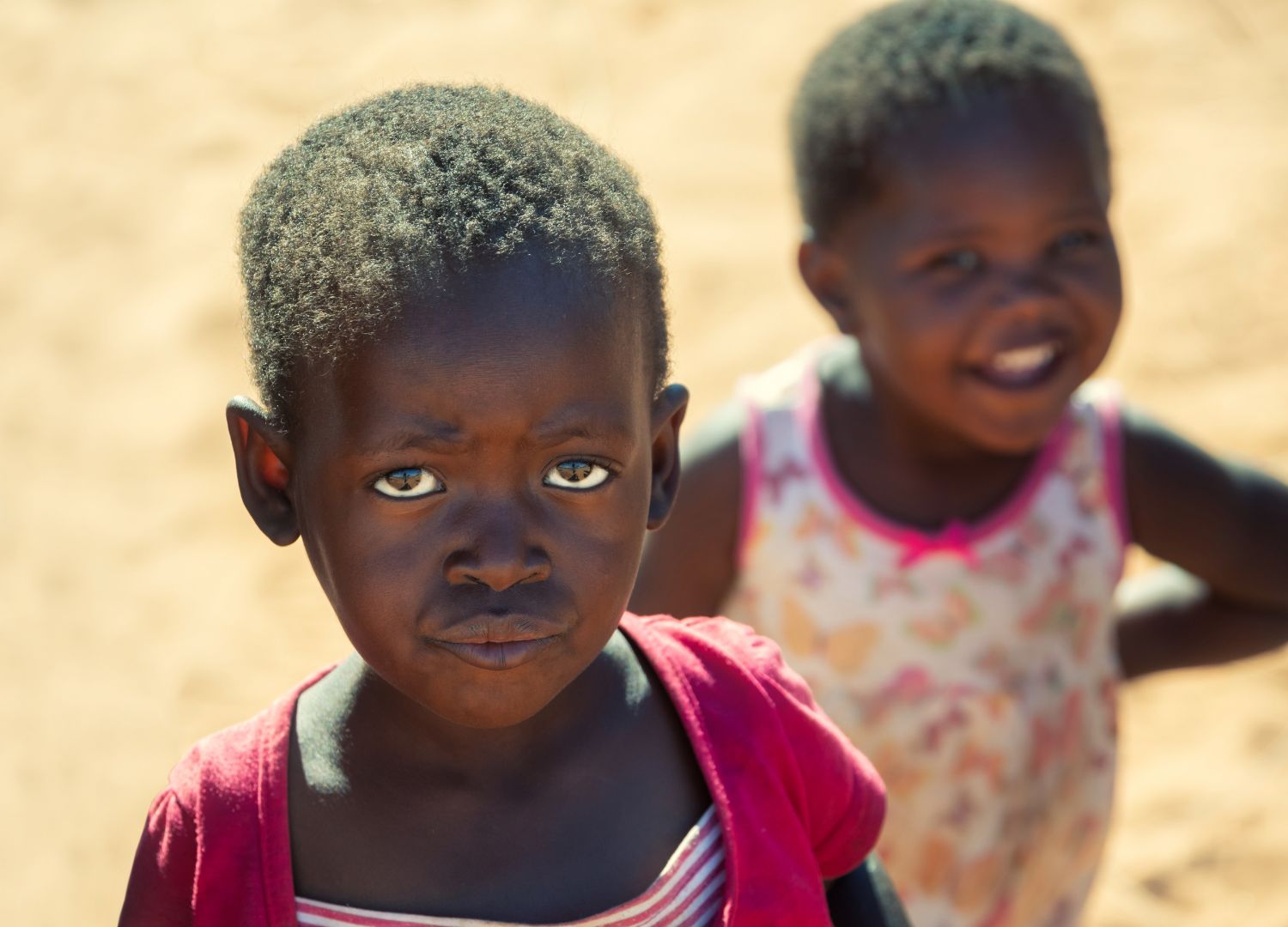
Globally, joint action to strengthen the health sector and intersectoral activities has produced some progress in the quest to eliminate malaria. To gain further ground against endemic malaria, especially in regions affected by ignorance and poverty, all hands will have to be on deck. Old alliances will have to be strengthened as new ones are forged for sustained social action. The vision is for the elimination of malaria transmission so that no child will die from malaria or remember a childhood stolen by malaria. Africa’s children deserve better. After all, we are children.
This article was created by Cutica Health.

